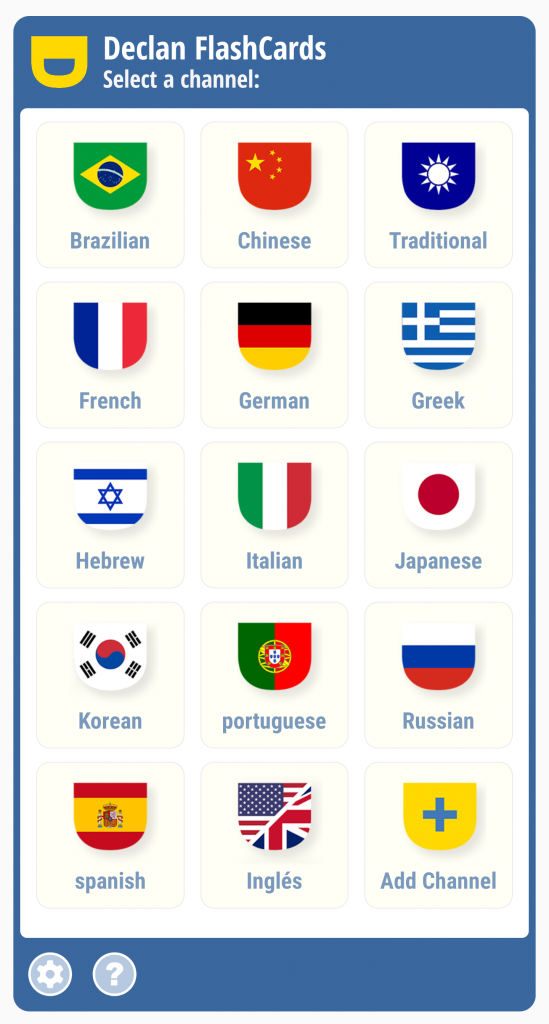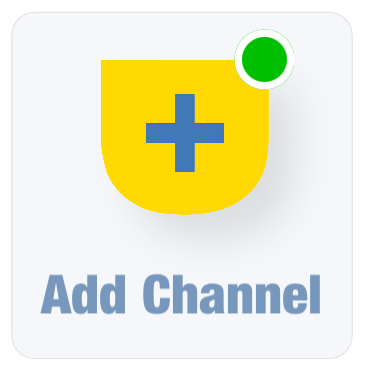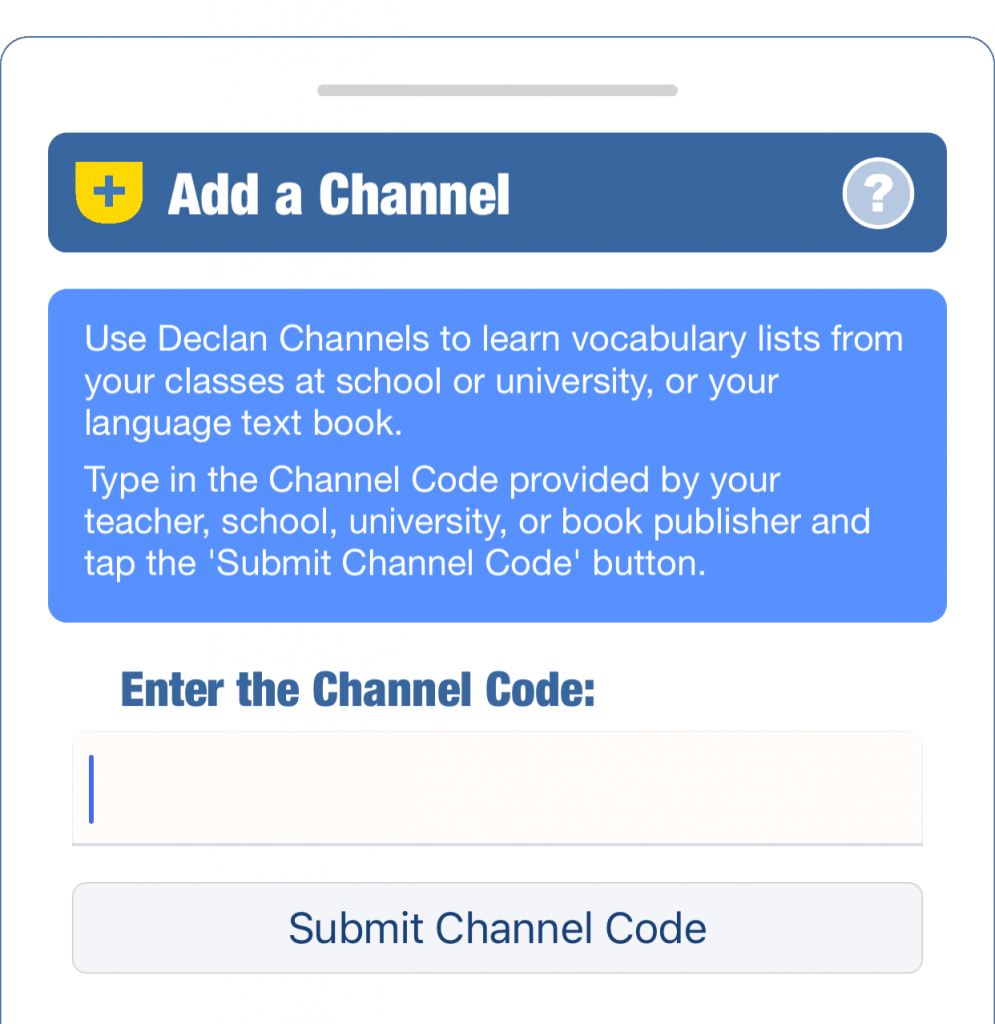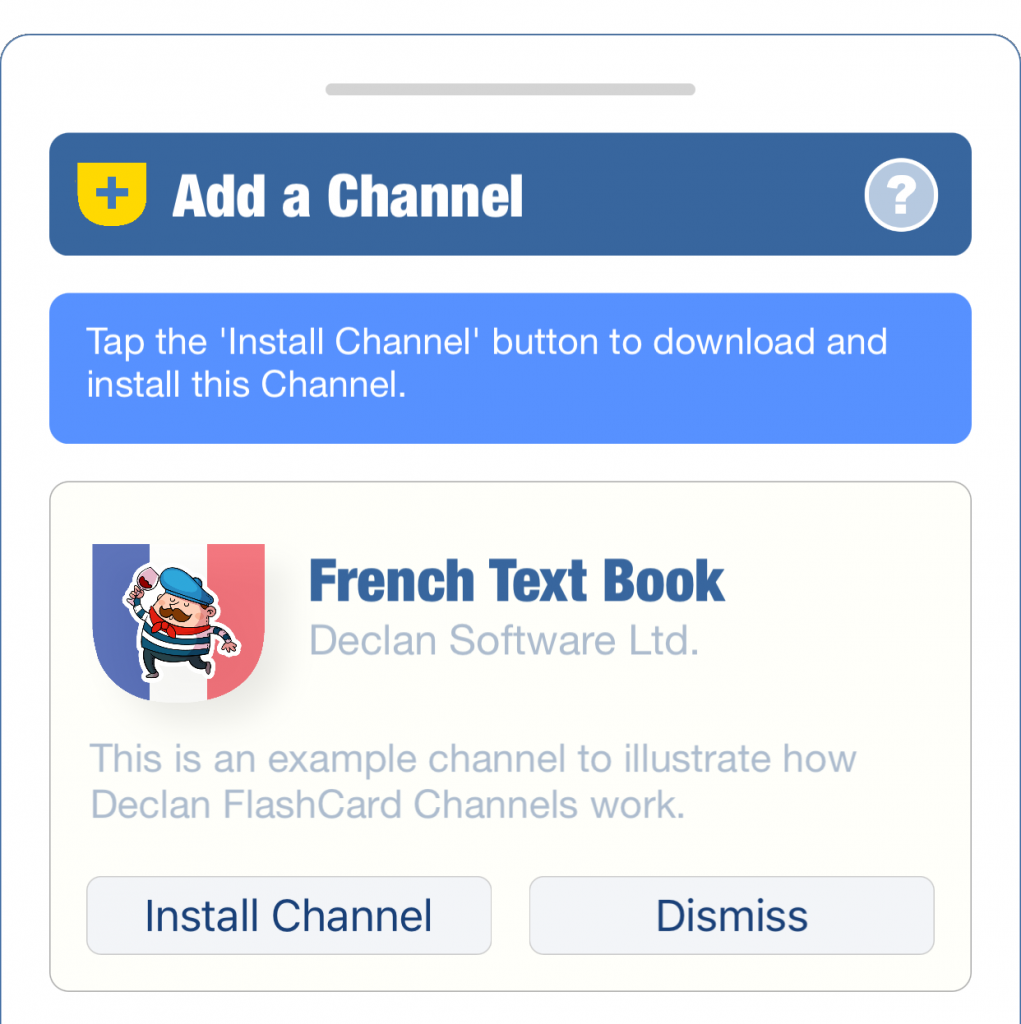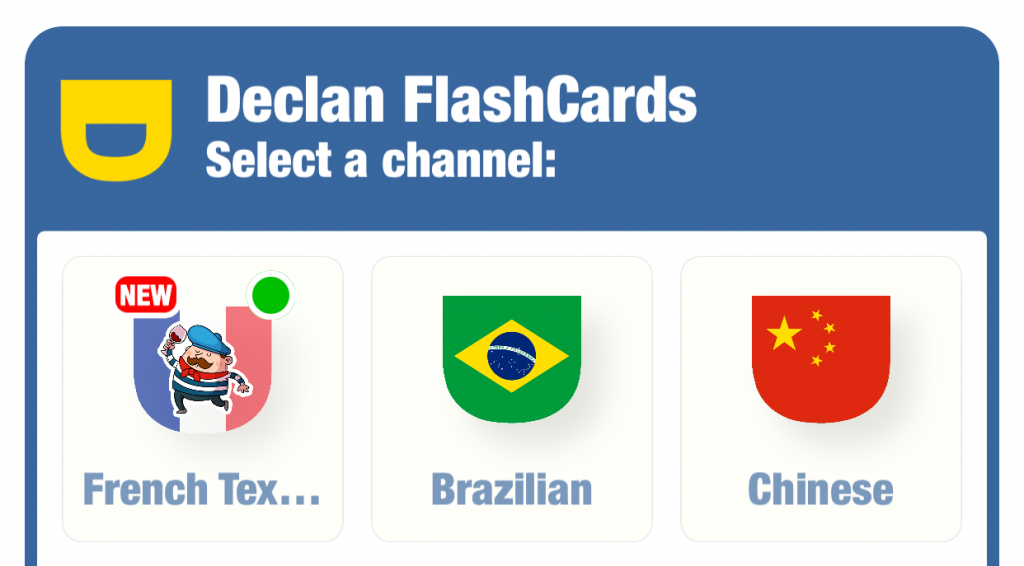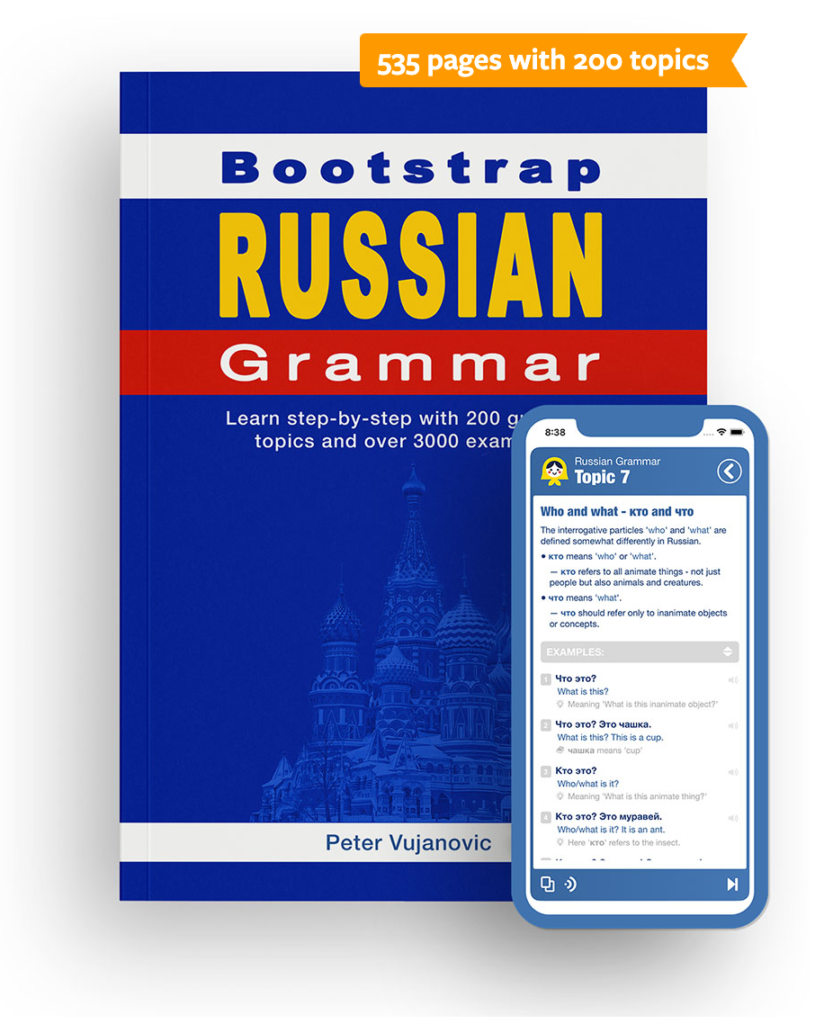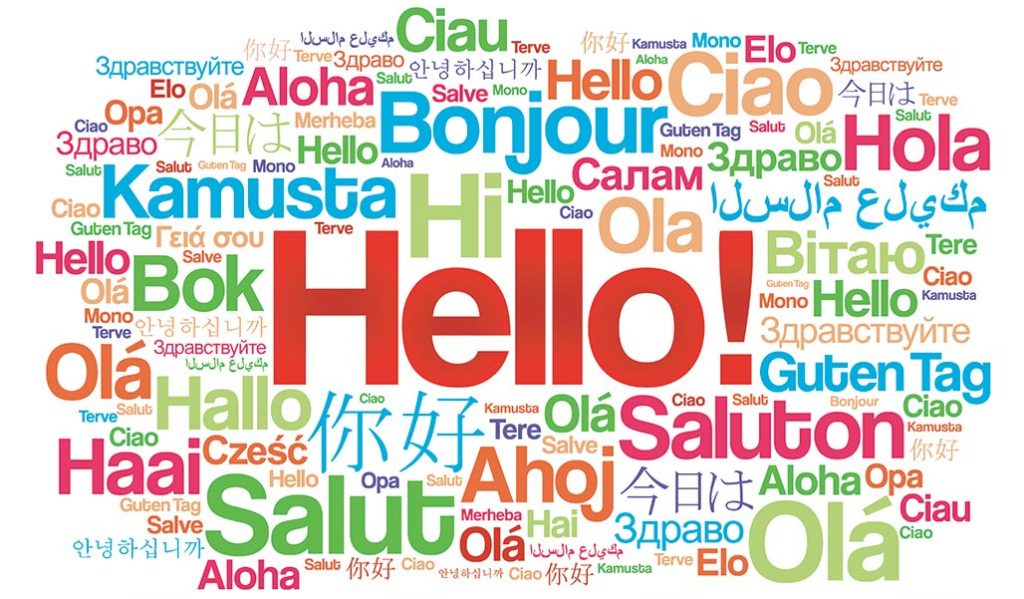
Learning words is obviously a critical part of mastering a foreign language. While grammar is also important, grammar without words is useless. Conversely words without grammar are still very useful when trying to communicate in a foreign language. This is a point we made in one of our first posts on this blog Stringing a few words together in most languages will be more or less intelligible. Plunging in and having a go is critically important in learning a foreign language – especially not being embarrassed about making mistakes. Learning vocabulary and using it is the first step to mastering a foreign language.
So how to efficiency learn vocabulary? Here are a few tips for how to learn and retain words in the language you are studying.
1. BE SYSTEMATIC
Working your way through a list of words in the systematic and organised way is important. Being organised allows you to give each word the attention it needs. Simply working your way through a dictionary, for example, is a recipe for failure not only because of the sheer boredom but because it doesn’t allow to go gauge progress or to go back and revisit words that are not sticking.
2. SMALL BITES
Don’t bite off too much. A mistake many students make is to have scores or even hundreds of words in their current learning list and to plough through them once a day. This doesn’t work. Restrict you learning to a small subset of words at any one time. The optimal seems to be between 10 and 15 words or phrases. And keep drilling these until they are embedded in your memory. And then revisit them regularly.
3. VARY YOUR LEARNING
You need to do more than just flipping between a word and its meaning repeatedly, and then discarding the word when you think you know it. Firstly, thinking you know a word and will retain it is subjective and very often wrong. And secondly, encountering each and every word in that same context mixes them all up in your head and makes retaining the word more difficult. You need to make a unique place in your head for every word that you learn.
A better approach is to mix up your learning as much as possible. Physical or virtual flashcards should be just one component of your learning. Using flashcards in conjunction with exercises, games, actions or even music is the best approach.
More generally, a well known memorisation technique is to associate the thing you are trying to memorise with another context – be it an action, object, image, situation or even sound. For example, associating the word “blue” with the sky, or pointing up to the sky, or a song about “blue skies” is a very successful strategy for memorisation. Indeed there is a trend in language schools to use movement, and music to help students “feel” the language and therefore better retain what they have learned. Why not try and invent a color dance!?
Another strategy is to try to memorise phrases rather than just individual words. This gives the words in the phrase context. Often the rhythm and cadence of the phrase – something words alone often lack – can aid memorisation. Also if you can get lists of common expressions, these will invariably be useful when you get out there in the real world. And you will find that the best method for memorisation is hearing the words and phrases you are learning being spoken by native speaker back at you.
4. ORGANISE YOUR LEARNING BY TOPIC OR THEME
This is part of being organised, but it is more that this. Learning by topic or theme gives context to what you are learning – it creates a little world in your mind where you can place each word and phrase and this help enormously with recall and retention.
5. REPETITION, REPETITION, REPETITION
The title speaks for itself! This means that you need to be disciplined about investing time every day to studying vocabulary. This is where most people fall down – it can be tedious. But the rewards are great. There is no greater thrill for a beginner student of a foreign language to recognise a word or phrase they have recently learned when watching a film or TV show or listening to a song in the language they are trying to master.
6. USE IT OR LOOSE IT
Use it or loose it is a subset of the repetition point. Retrieving a word from memory and using it gives the word context and that reenforces retention in the long term. So try to get yourself into situations where you can use the vocabulary you are learning. If the best you can do is to listen (be sure to sing along) to music or watch films or TV shows, then at least do that.
But best yet of course is interacting with native speakers. But if that is difficult, a second best option is to find a friend and communicate with them in the language you are trying to learn. Sure you will both made ridiculous errors but that is not important – what is important is that it gives you the chance to recall the words and phrases you have being learning and through recall and repetition, you concrete them in place in your memory.
7. USE A FLASHCARDS APP
Declan FlashCards incorporates many of the techniques outlined above for learning foreign language vocabulary. Firstly learning is organised by topic. This helps to establish a context for learning which help with retention. Learning limits on a learning list of 10 words per topic at any one time. This keeps your learning focused. The exercises in Declan FlashCards are very much part of the learning methodology. Importantly, the exercises provide variety and reenforcement. Attempting the exercises and getting answer incorrect and trying again is very much part of a successful learning strategy. As users work through the exercises, a word that is deemed “learned” drops off the learning list and is replaced by a new word. If however the users get an answer incorrect, then all the exercises for that word need to be reattempted. Only when all the exercises are answered correctly consecutively for a particular word, is that word marked as correctly and moves off the learning list.


